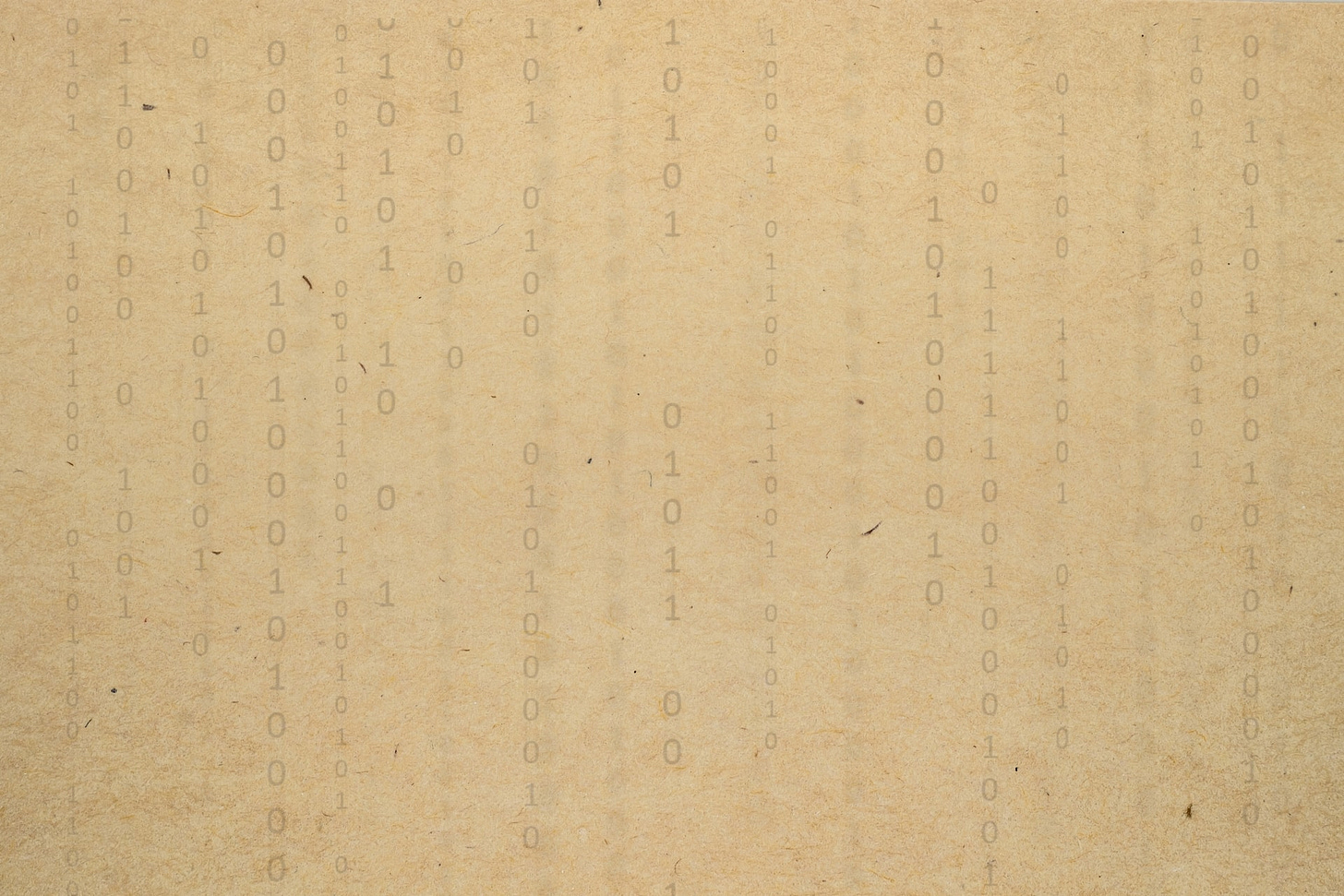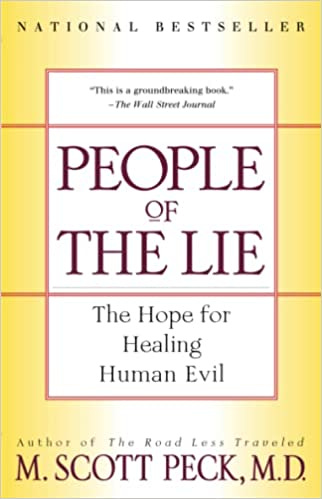Where inclusion, diversity, and equity are concerned, we remain in a binary “othered” state
Here are two ideas from my book, Reconstructing Inclusion: Making DEI Accessible, Actionable, and Sustainable and other texts I leaned on in writing it. In addition, I’ve included one quote, a book recommendation, and a video or article that has inspired or influenced me and hopefully will resonate with you, too. (That’s ✌🏿+ 💡📚➕).
Pages 100-101
“Identity politics is an intermediary of “othering.” While being for a particular humankind doesn’t require finding an opposite to be against, it can easily move in that direction if group identity is threatened.
Ken Gergen, perhaps the most critical scholar in social constructionist thought, says: “At the outset, the [predominant] rhetoric has been of little influence outside groups of the already committed. [For those who seem in need of] political education—such rhetoric has more often been alienating or counter-productive. By and large identity politics has depended on a rhetoric of blame, the [intended] effects of which are designed to chastise the target (for being unjust, prejudiced, inhumane, selfish, oppressive, and/or violent). In western culture we essentially [possess] two conversational responses to such forms of chastisement—[join them or oppose them.]”
How do organizations truly establish an unambiguous prioritization of an inclusive culture? . . .
This is who we are. We believe all should feel as if we belong. We do things consistently to make this consistently be the case. Your beliefs are your beliefs. If any of the actions of your beliefs are unhelpful or not safe for everyone in the organization, they are not acceptable. We trust that you will observe when we behave in ways reflecting our values and purpose, and we trust that when you observe an incidence of this not being the case, that you will bring it to the attention of the parties involved. And, if you cannot find your way back to “This is who we are” together, please bring it to the attention of a senior colleague or directly to me.
—Sincerely, Your CEO
The fictional CEO statement above intentionally includes everyone.
Consider not including “them” (unless those are preferred pronouns for an individual) in your organization. Simply include everyone. It seems counterintuitive. “Diverse” people (e.g., someone representing an ERG) might say,
“If ‘they’ are there, people may not feel safe.” To which I would respond, “Do you want people to feel safe with everyone?”
The answer: “Yes, of course.” And I would conclude with, “Great. Then it makes sense to include everyone.” Yet, such a statement alone is insufficient without action.”
Photo by Roberto Sorin on Unsplash
Pages 102-103
"Consider this statement: “We don’t hate anyone; we just want to have our own celebration just like everybody else has a right to. All people from all communities are welcome as long as they show mutual respect.” This is a reasonable statement. Right? Many groups have felt the urge to exercise their respective stances in a public display. This statement comes from the organizer of the Straight Pride Parade [mentioned in a previous part of the book] that was approved by the City of Boston in 2019 and went forward August 31 of that year.
"Whether one agrees that such an event is reactive and antagonistic to Gay Pride is irrelevant here, and what is relevant is that they do have the right to such a display. And while I think that a statement-making parade about that which is societally normative is silly, their rights to express their affirmation on a public stage are no less valid than the liberating displays from the LGBTQA+ community.
So where does this leave us? Where inclusion, diversity, and equity are concerned, we remain in a binary “othered” state contrary to what we can all claim to be humanistic pursuits. However, the practice of “othering” is not humanistic. Obviously, this is not a confirmation that inhumane treatment is acceptable. I am sickened when I think of Emmett Till, George Floyd, Breonna Taylor, Serena Angelique Velázquez, and Layla Pelaez Sánchez, all brutally murdered with their identities playing at least an implicit role in the perpetrators’ decision-making.
Nonetheless, the world is much more complex than the essentialist-like assignment of such behaviors to a particular group. To state that a monolithic notion of “they” (in many cases white men) is perpetuating inhumanity and then commence to an ideological takedown, based on particular facets of identity with expectations and intentions to inspire change, is absurd. This combativeness is not what organizations, nor the myriad humankinds that operate within them, seek to create.
David Berreby speaks of science in a way that also captures a theme of organizational life: “If the theme of science for the last five hundred years could be boiled down into a sentence, it would be this:
The world is not what you believe it is.”
I would add that, “The other is not the other you believe them to be, either."
💡A Quote
But we are all androgynous, not only because we are all born of a woman impregnated by the seed of a man but because each of us, helplessly and forever, contains the other—male in female, female in male, white in Black and Black in white. We are a part of each other. Many of my countrymen appear to find this fact exceedingly inconvenient and even unfair, and so, very often, do I. But none of us can do anything about it.
—“Here Be Dragons,” James Baldwin, 1985
📚A Book
Photo Credit: Amazon.com
People of the Lie: The Hope for Healing Human Evil by M. Scott Peck, M.D.
➕An Article
“Ten reasons to resist the ‘Oppression Olympics’” from Fearless Futures
A few quotes from this profound piece:
“Any commitment to anti-oppression must be internationalist, honouring and equalising in importance the various struggles against oppressive realities that people are involved in across our planet (as well as how our global location may inform who and what we think merits resources and focus). Anything less is to engage in (inherently hierarchical) imperialist and colonial modes of operating.”
“Playing the ‘oppression olympics’ is extremely tempting for any of us who experience oppression (as well as those who don’t!). And we know exactly why this happens. In a world where oppression is longstanding, seemingly impossible to overturn, and where the necessary resources are almost always out of reach, hunkering down to ‘protect one’s own’ seems entirely logical, indeed, it may also be a deep belief that it’s the right thing to do.
And yet, this approach fails us on so many levels as we hope this blog shows. Principled resistance to the oppression olympics articulates a world, and in so doing is the starting point for building a world that prioritises abundance, abundance in acknowledgment, recognition, solidarity and resources.”
I hope this was helpful. . . Make it a great day! ✌🏿





